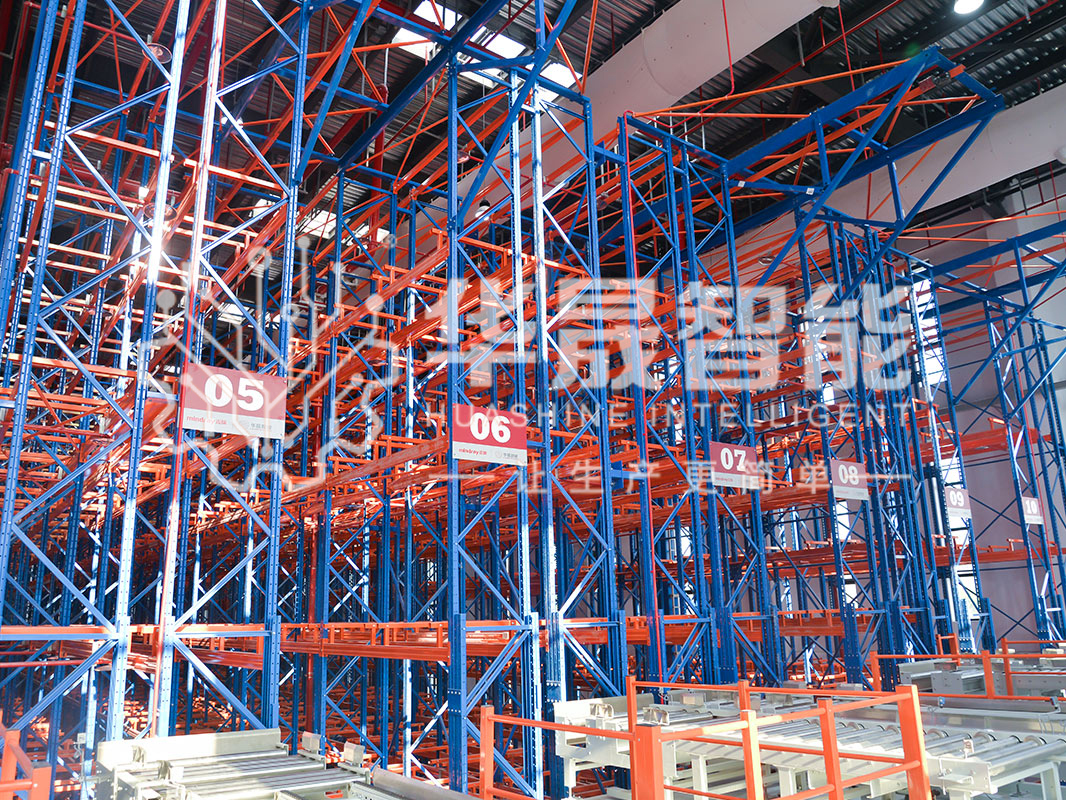Intelligent warehousing in the pharmaceutical industry refers to the application of advanced information technology and automation equipment to optimize warehousing management and processes, improve efficiency and accuracy of warehousing systems. The construction of intelligent warehousing requires comprehensive consideration of logistics process, data management, equipment selection and other aspects. Here are some suggestions for building a smart warehouse for the pharmaceutical industry:
Demand analysis and planning: Before construction, conduct a detailed demand analysis to understand the functions and requirements that the storage system needs to meet. Plan the layout, size and capacity of the warehouse according to the requirements.
Warehouse automation: The introduction of advanced automation equipment, such as automated shelves, handling robots, automatic picking systems, etc., to improve warehousing efficiency and accuracy. The automation system should be closely integrated with the warehouse management software to achieve seamless coordination.
Data management system: Build a sound data management system, real-time monitoring of inventory, product validity, batch information, etc. The use of iot technology enables individual devices to transmit data in real time to provide accurate inventory information. Temperature, humidity and safety monitoring: pharmaceuticals have high environmental requirements, and need to monitor the temperature and humidity of the warehouse to ensure safety. Install monitoring systems to prevent theft and vandalism.
RFID technology: Consider using radio frequency identification (RFID) technology to track and manage drug inventories. This helps to accurately identify each product and complete inventory quickly.
Cargo classification and sorting: Establish a reasonable cargo classification system, according to product characteristics and frequency of use, optimize the storage and sorting of goods. Compliance and Quality
Management: The pharmaceutical industry places high demands on product quality and compliance. Ensure that the warehousing process complies with relevant regulations and standards, and establish a quality management system to ensure that drug quality is not compromised.
Training and management: Provide training for warehousing personnel to familiarize them with the operation and management of intelligent warehousing systems. Establish a sound management process to ensure the continuous and efficient operation of the storage system.
Safety protection: Ensure that the safety protection facilities inside and outside the warehouse are complete, and employees must strictly abide by safety procedures and use personal protective equipment.
Sustainable development: Consider introducing sustainable development measures such as energy conservation, waste recycling, etc., to reduce operating costs and environmental impact.
When building a smart warehouse in the pharmaceutical industry, the above factors need to be considered comprehensively, and cooperate with professional storage system suppliers and technical teams to ensure the stable operation of the storage system and improve the overall logistics efficiency.
